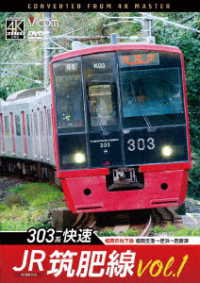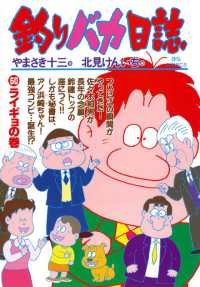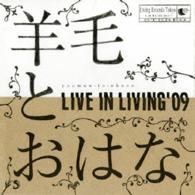Description
This collection brings together nine essays, accompanied by nine short translations that expand the assumptions that have typically framed literary histories, and creatively re-draws their boundaries, both temporally and spatially. The essays, rooted in the humanities and informed by interdisciplinary area studies, explore multiple linkages between forms of print culture, linguistic identities, and diverse vernacular literary spaces in colonial and post-colonial South Asia. The accompanying translations—from Bengali, Hindi, Marathi, Tamil, and Urdu—not only round out these scholarly explorations and comparisons, but invite readers to recognise the assiduous, intimate, and critical labour of expanding access to the vernacular archive, while also engaging with the challenges—linguistic, cultural, and political—of rendering vernacular articulations of gendered experience and embodiment in English. Collectively, the essays and translations foreground complex and politicised expressions of gender and genre in fictional and non-fictional print materials and thus draw meaningful connections between the vernacular and literature, the everyday and the marginals, and gender and sentiment. They expand vernacular literary archives, canons and genealogies, and push us to theorise the nature of writing in South Asia.
Literary Sentiments in the Vernacular is a significant new contribution to South Asian literary history and gender studies, and will be a great resource for academics, researchers, and advanced students of History, Literature, Cultural Studies, Politics, and Sociology.
The chapters in this book were originally published as a special issue of South Asia: Journal of South Asian Studies.
Table of Contents
Introduction
Charu Gupta, Laura Brueck, Hans Harder and Shobna Nijhawan
1. Female Mobility and Bengali Women’s Travelogues in the Nineteenth and Early Twentieth Centuries
Hans Harder
2. Masculine Vernacular Histories of Travel in Colonial India: The Writings of Satyadev ‘Parivrajak’
Charu Gupta
3. Malika Begum’s Mehfil: The Lost Legacy of Women’s Travel Writing in Urdu
Daniel Majchrowicz
4. Nationality and Fashionality: Hats, Lawyers and Other Important Things to Remember
David Boyk
5. Adoption in Hindi Fiction: Contesting Normative Understandings of Parenting and Parenthood in Late Colonial India
Shobna Nijhawan
6. An Aesthetics of Isolation: How Pudumaippittan Gave Pre- Eminence to the Tamil Short Story
Preetha Mani
7. The LCD (Lowest Common Denominator) of Language: The Materialist Poetry of Arun Kolatkar and R.K. Joshi
Anjali Nerlekar
8. ‘Justice’ in Translation
Christi Merrill
9. Mother Tongues— the Disruptive Possibilities of Feminist Vernaculars
Laura Brueck
Appendix








